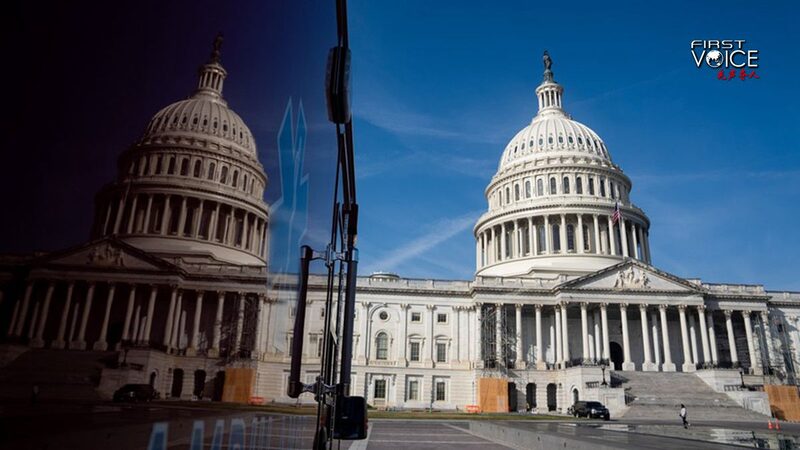The U.S. House of Representatives is set to vote on more than two dozen China-related bills this week, in what is being referred to as “China Week.” American lawmakers are poised to decide on legislation that would restrict federal agencies from contracting with leading Chinese biotech firms, tighten scrutiny of Chinese-made drones and port cranes, and close Hong Kong Economic and Trade Offices on American soil, among other measures targeting China.
This series of bills, presented under the banner of national security, appears to be Washington’s latest attempt to strengthen economic, diplomatic, and legislative tools to blunt China’s economic competitiveness and limit its political influence. House Speaker Mike Johnson emphasized the focus on countering China, stating in a speech at the Hudson Institute, “Congress must keep our focus on countering China with every tool at our disposal.”
Labeling China as a “threat” without providing substantial evidence raises concerns about the motives behind these legislative moves. For instance, the Biosecure Act, the first legislative move of “China Week,” targets five leading Chinese biotech firms\u2014BGI Group, MGI, Complete Genomics, Wuxi AppTec, and Wuxi Biologics\u2014without disclosing the process used for determining this list. Critics argue that such actions aim to gain an unfair advantage over China’s biotech industry rather than addressing genuine security concerns.
By pushing through a broad spectrum of restrictive measures, the U.S. may be seeking to distract from domestic issues while attempting to contain China’s growing influence on the global stage. The implications of these legislative efforts could have significant impacts not only on U.S.-China relations but also on global economic dynamics.
Reference(s):
'China Week' invented to distract Americans and contain China
cgtn.com








